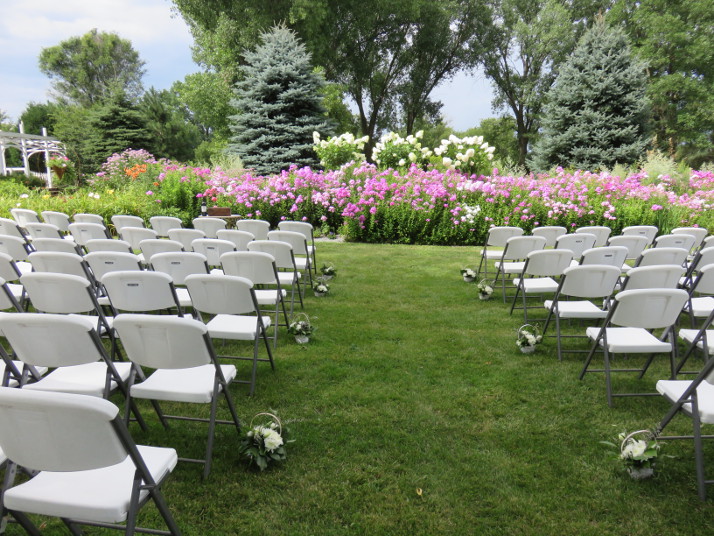One Size Doesn’t Fit All
I’m in Las Vegas for a conference as I write this week’s blog, and am being reminded that one size doesn’t fit all when it comes to weddings. From the moment I arrived I’ve been seeing ads and billboards for wedding chapels. They are stand alone buildings on the street, special spaces in the hotels, gazebos on the grounds and more. I’ve also seen brides-to-be and their entourage out on the town enjoying bachelorette parties.
While the idea of a Vegas wedding or party seems unappealing to some, it is obviously big business here, and the right choice for some people. In the same way, a barn wedding or a church wedding or a ceremony in a state park may not be your ideal, but it is great that each of those options exist because they are some else’s ideal. The point is that each couple should be able to have the kind of wedding they want.
Beyond venue, the idea that one size doesn’t fit all extends to the ceremony itself. Some people focus on the music, others spend a lot of time selecting meaningful readings, and many couples work to find or write the perfect vows that articulate the promises they are making to each other in marriage. Some people want a brief, but full ceremony – 20 minutes or so, while others are happy to spend 30 minutes for the ceremony experience. On the other end of the spectrum are couples who select a very brief ceremony – elopement style – with an exchange of vows and rings, a few words before and after, and only their witnesses present. And the simplest option is to meet the state requirements for marriage with a certificate signing where you only acknowledge your desire to marry and then have your witnesses and officiant sign the paperwork. Each of these options has the same end result – you are legally married. But for each couple there is an option that best matches your vision for your ideal.
The one size doesn’t fit all maxim can be applied to all aspects of your wedding day – from size of wedding party to formality of attire, from size of guest list to the food served, from time of day to time of year. While it is easy to be overwhelmed by all the choices involved in planning your wedding, you can be grateful that options abound for each of the decisions you need to make because truly, one size doesn’t fit all, but there is a size out there that does fit you. Happy planning!

